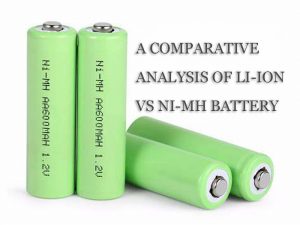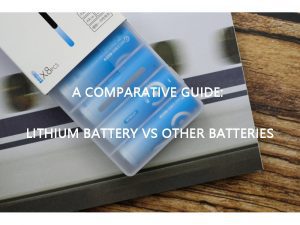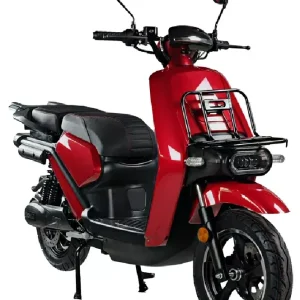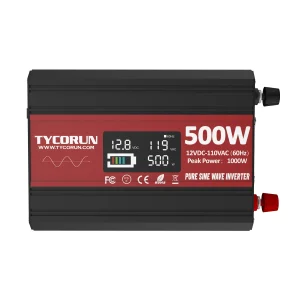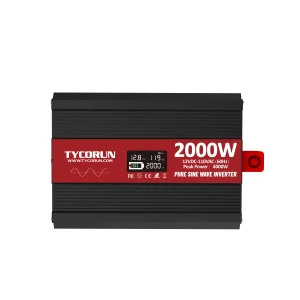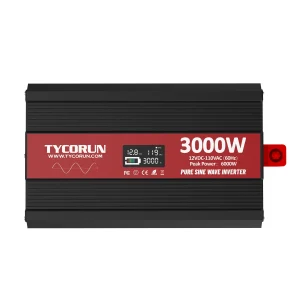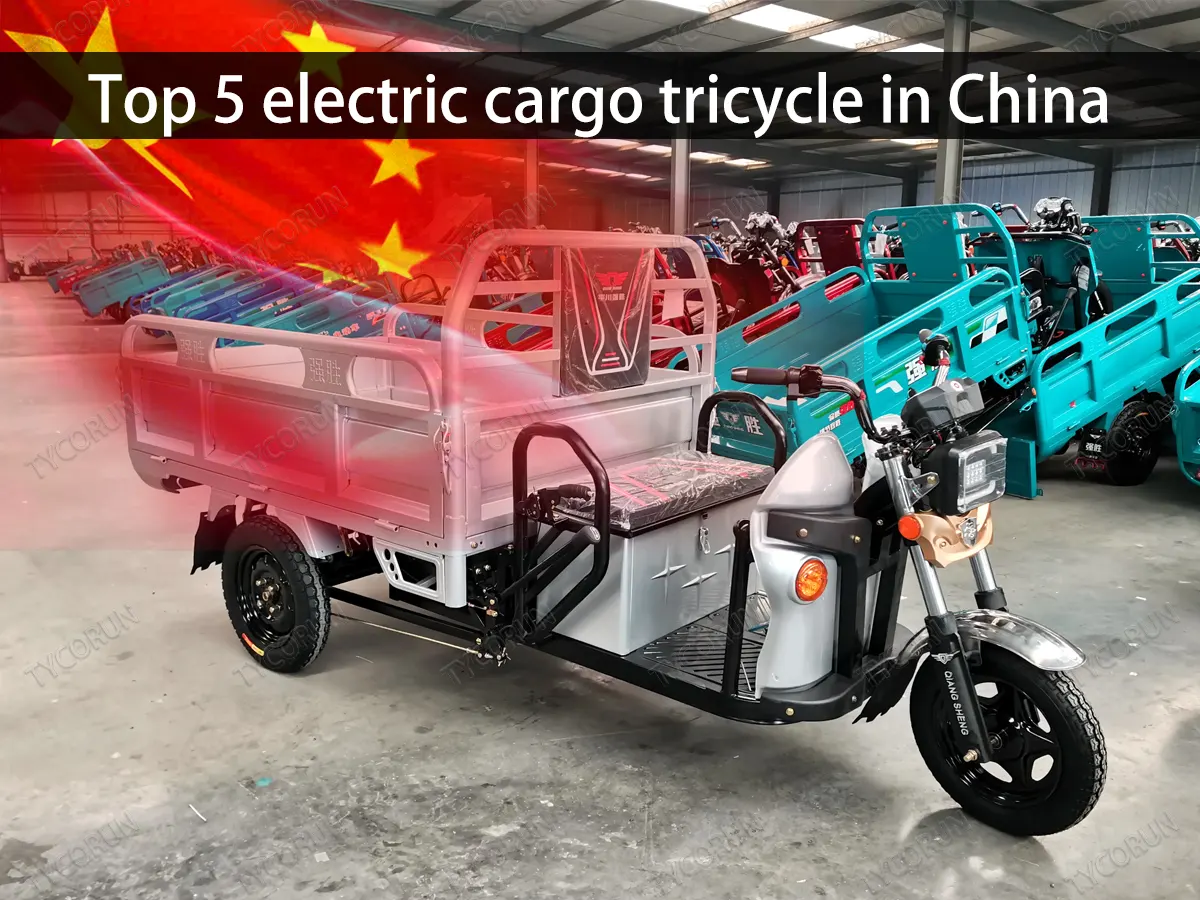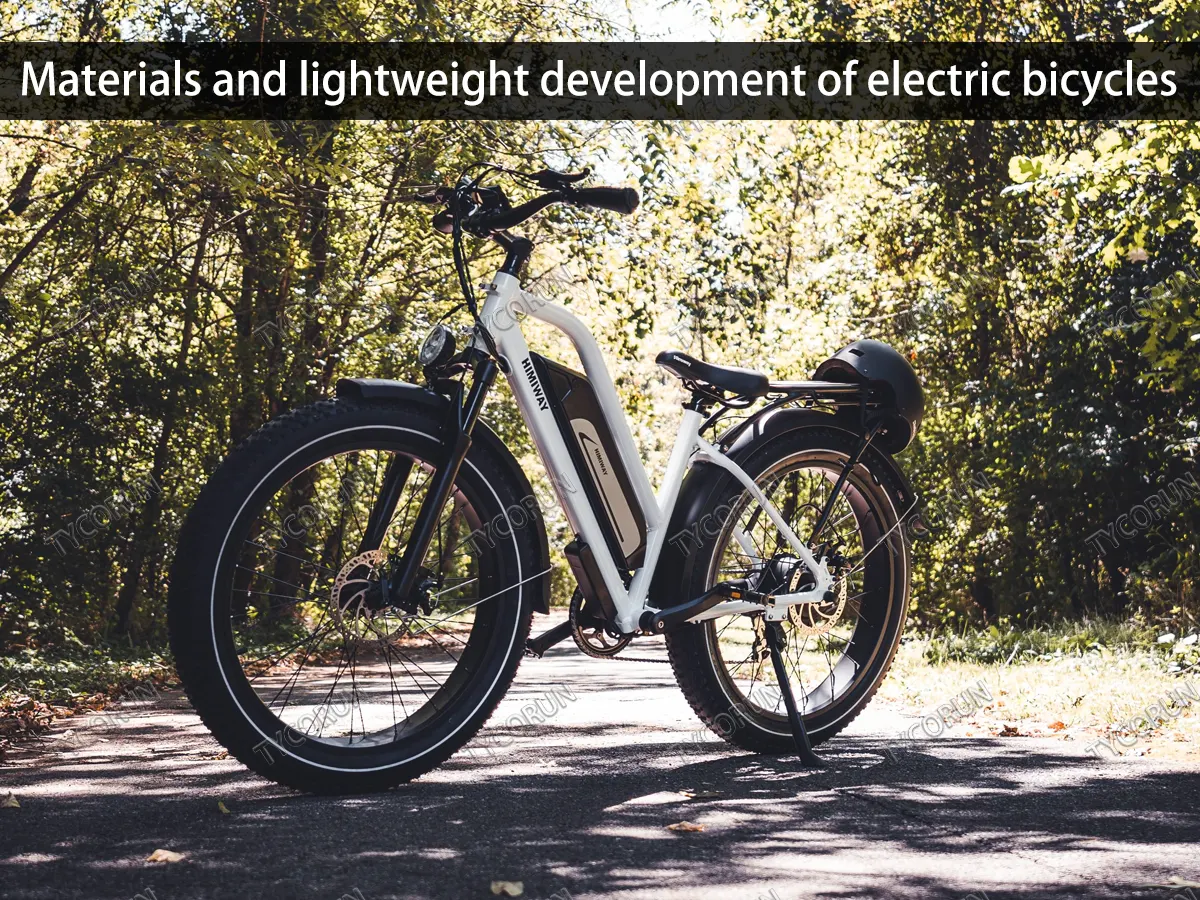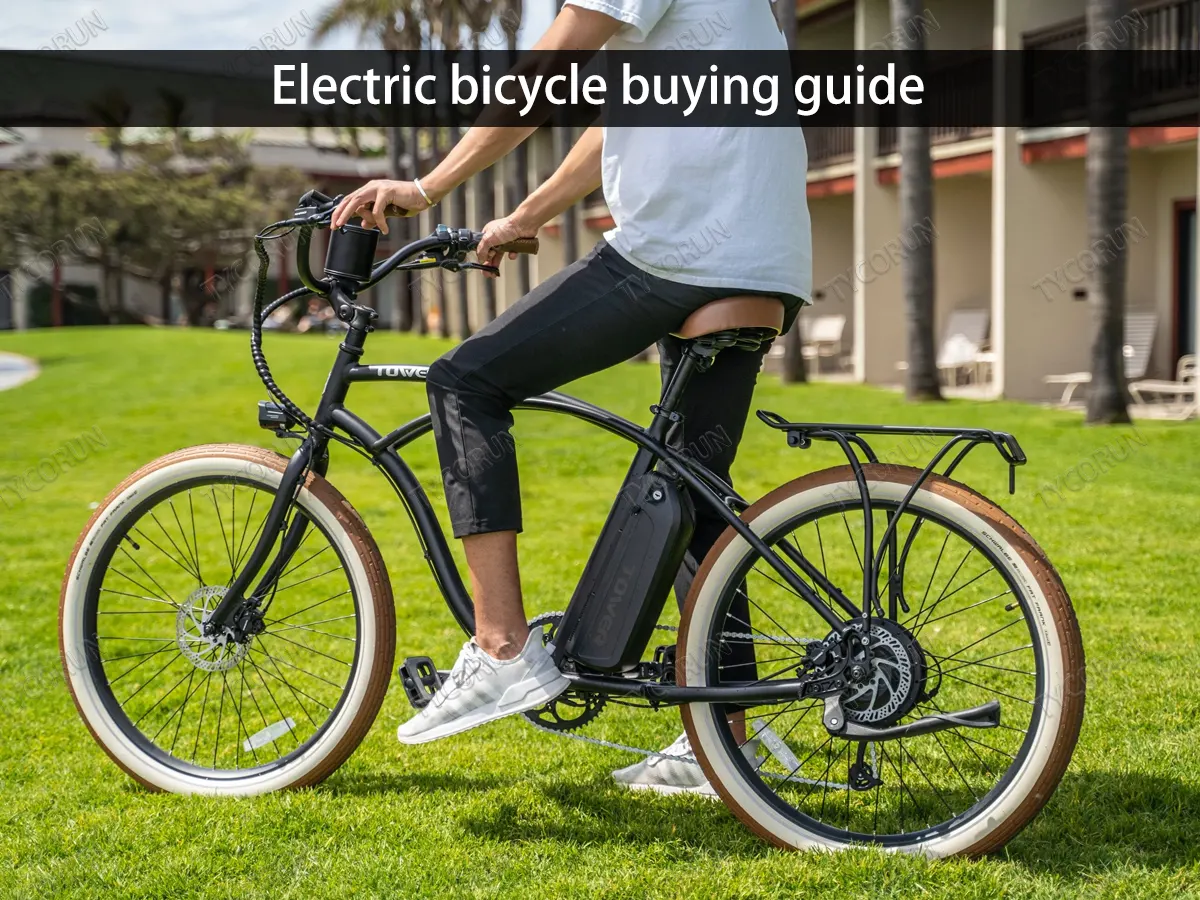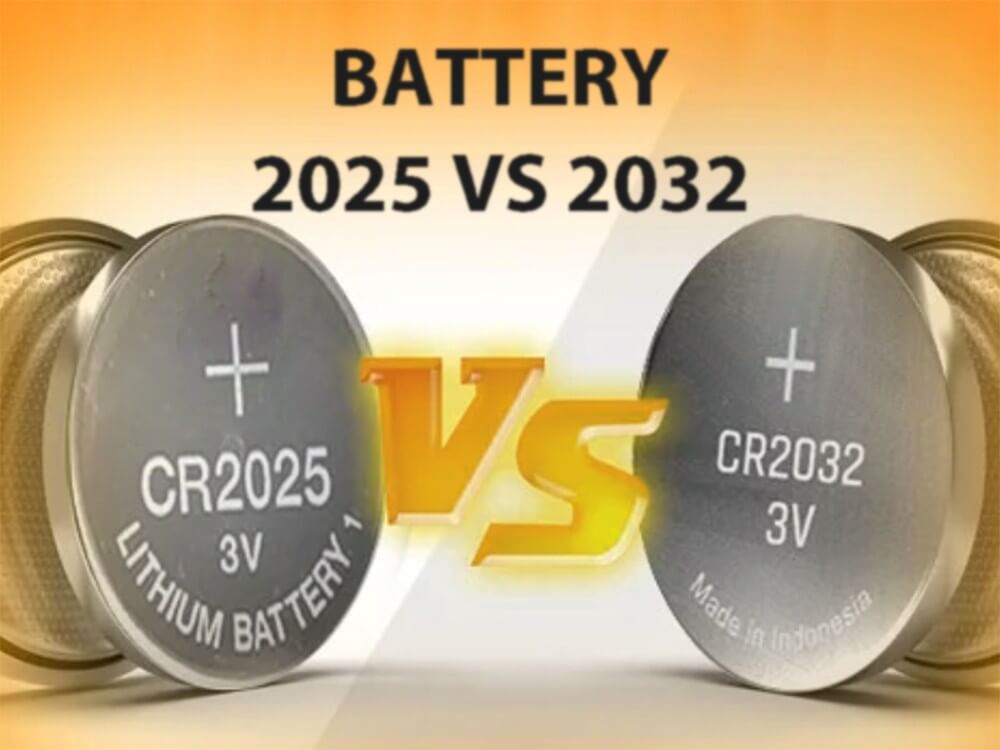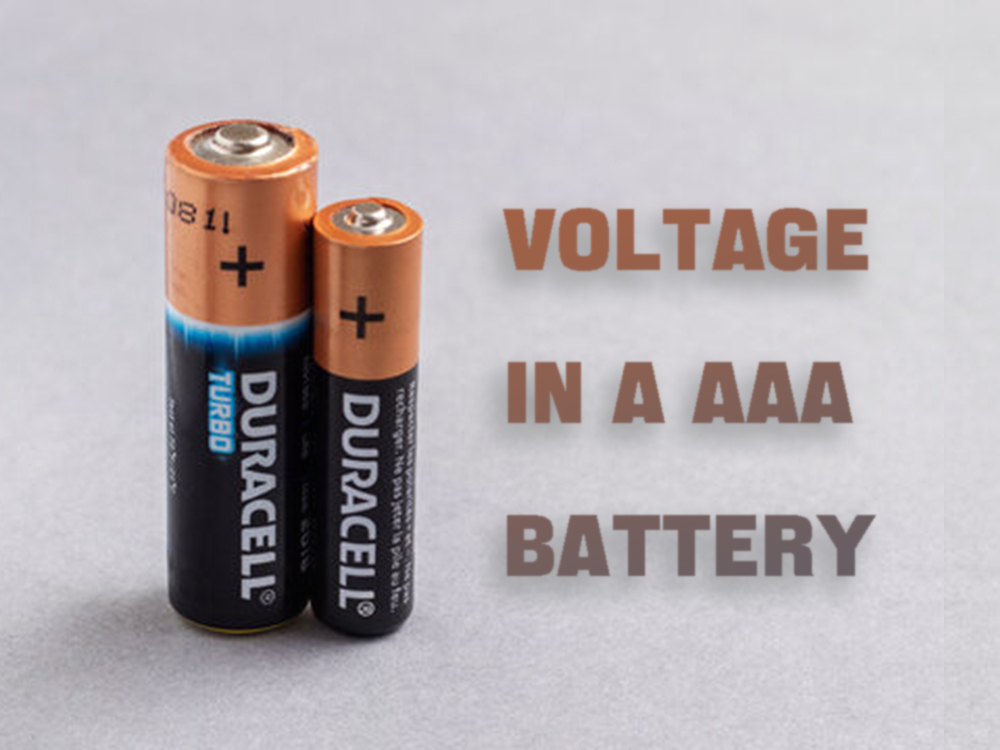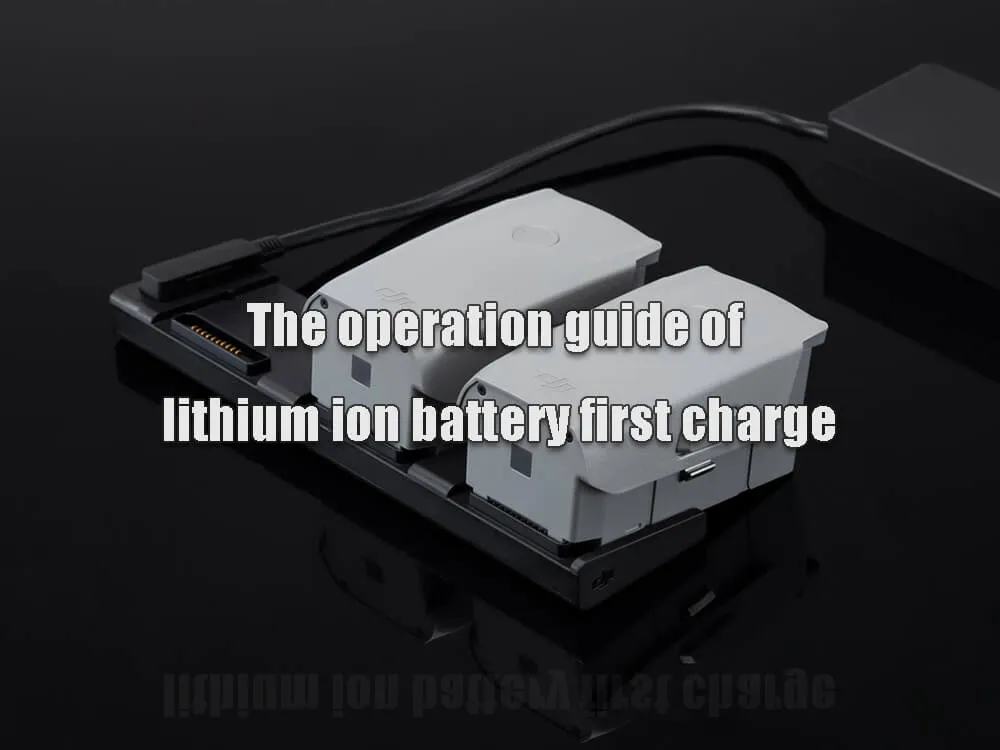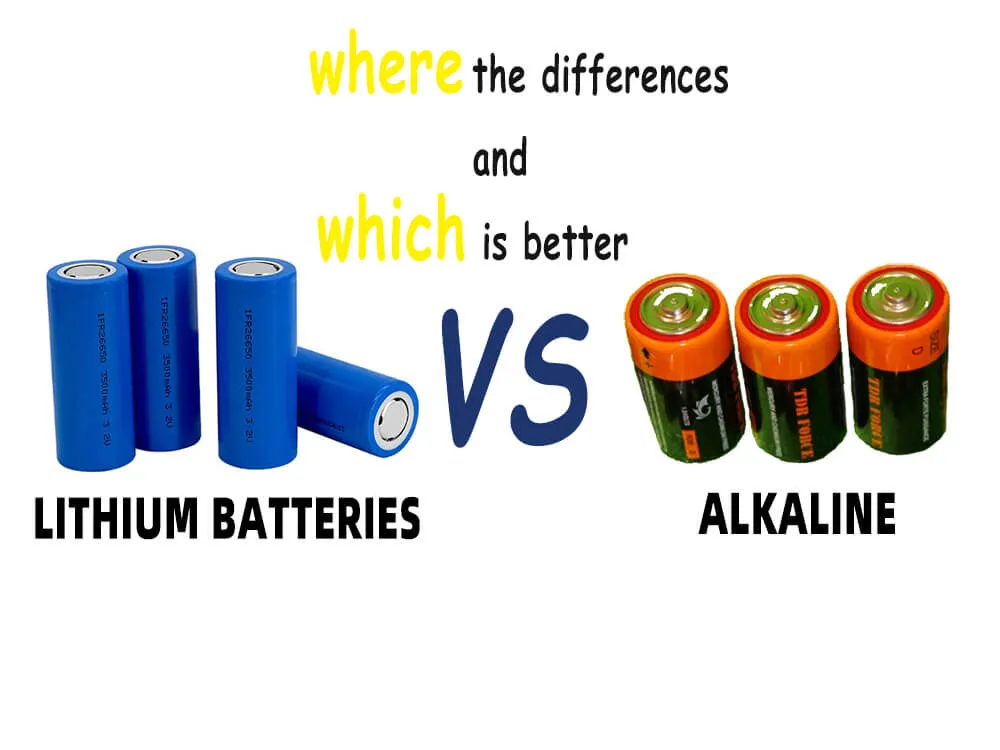Are nickel iron battery good

How does the nickel iron battery work
Nickel iron or nickel-metal hydride batteries are other names for nickel iron battery. Iron and nickel are the two chemical constituents that make up this body.
Nickel iron battery contains two electrodes. The first is positively charged and made of nickel, while the second is made of iron and is negatively charged. Both electrodes are connected within a container with potassium hydroxide solution as the electrolyte to create electricity.
These batteries have a longer life cycle and are pretty stable. They are utilized in energy storage systems.
Their applications may include starting automobile engines, providing electronic ignition for generators, and using energy sources with inverters to generate electricity.
How long do nickel iron batteries last
Nickel iron battery has a high level of stress tolerance. It’s more durable than other battery technologies and can survive overcharging and over-discharging. It may live up to 20 years if handled with care.
The reactants they use are not very soluble in the electrolyte, which makes them able to persist in frequent cycles. They have slower cell charging and discharge rates that cause the slower development of ion crystals that protect the electrolytes. Although it has a destructive effect on performance rate, it makes them more durable.
What are nickel iron batteries used for
Due to the sturdiness and endurance of the nickel iron battery, we may use it in challenging settings. Because of the battery’s durability and dependability, railways, mines, and other sectors frequently use it as a backup power source. Industrial vehicles typically use these batteries for propulsion. Due to their considerable mechanical strength, they are also utilized in mine locomotives, railroads, automobile lighting, and air conditioning.
The pros and cons of the nickel iron battery
There is an increasing demand for power batteries all over the globe. Nickel iron battery ranks among the most popular options due to its numerous benefits. However, they also have some shortcomings that we must not overlook. Let us quickly review the pros and cons for a more thorough evaluation.
Pros
- This battery weighs less than other battery types because its panels are lightweight and require fewer electrolytes, making them convenient to carry.
- They are unaffected by large currents, vibrations, or shocks. They can easily tolerate to a certain extent overcharging and over-discharging.
- These batteries have a high Depth of Discharge, a long storage time and a solid track record of dependability.
Cons
- Compared to most lithium packs currently on the market, nickel iron battery offers poor specific energy. Due to the low specific power, substantial energy storage will require a lot of storage space.
- The nickel-iron battery is only 1.2v, and the energy-to-mass ratio and discharge capacity are relatively poor.
- Nickel iron battery needs frequent top-ups, which is a laborious process that requires a lot of time.The electrolyte solution must regularly be replaced, which is an unpleasant and labor-intensive process.
- The self-discharge of the nickel-iron battery is as high as 20%-40% per month.
- These batteries are much more costly initially than Lithium-ion batteries of a similar size.
What is the difference between lithium-ion and nickel iron batteries
Lithium-ion and nickel iron are the two popular rechargeable batteries in use today. They do differ from one another, though, in specific ways. There are several practical differences between these two different batteries. Some of the primary ones are as follows:
- Material
The material used to store energy is the most noticeable distinction between Li-ion and Ni-Fe batteries. Carbon and highly reactive lithium combine to form lithium-ion batteries with a large energy storage capacity. Compared with iron-nickel battery, lithium-ion battery is high voltage battery. Hydrogen is used in nickel iron battery to store the energy, with nickel and iron controlling the hydrogen ions.
- Longevity
Nickel iron battery has an edge in durability and robustness. In severe temperatures, especially in scorching areas, some Li-ion batteries do not last as long. However, producers are attempting to enhance the chemistry of Li-ion batteries to increase their longevity.
- Power Efficiency
Although the power of Li-ion and nickel iron batteries are comparable, Li-ion cells have a faster charge and discharge rate, making them more power-efficient.
- Weight
Compared to Li-ion batteries, nickel iron batteries are more prominent and heavier. Since more miniature battery packs with better energy density make it simpler to move a vehicle, this factor is significant for automobiles. Therefore, lithium-ion batteries are in great demand in automotive applications, as well as portable tools such as power tool batteries.
Are nickel iron and lithium batteries interchangeable – which is better
Given their differences, lithium-ion and nickel iron batteries are effective for different settings. So they can’t be used interchangeably.
Nickel iron is not a helpful material for household energy storage since, as was previously said, its robustness makes it more suitable for extreme systems.
Moreover, they must be topped with distilled water, necessitating routine maintenance. Many people nowadays contemplating home energy storage do not want a battery system that regular upkeep and instead desire something uncomplicated.
Aside from that, Nickel iron battery is slow to charge and discharge. Although suitable for some applications, it is detrimental to household energy storage economics.
Charging them up during the day and entirely discharging them overnight is challenging. And in comparison to their primary competitors, they are not very inexpensive. The majority of solar equipment does not support the specifications of these batteries.
Lithium-ion batteries would be a preferable option when considering all these factors. Their minimal maintenance requirements, affordability, excellent power efficiency, quick charging, and several other factors make it stand out.
Can you charge a lithium-ion battery in a nickel iron charger
Batteries and chargers must share the same amount to work. You must know that you cannot charge a lithium-ion battery using a nickel iron battery charger. Therefore, a nickel iron battery charger cannot charge with a lithium-ion battery. However, It is not recommended to use chargers with different chemical properties to charge, especially with different voltages and currents, etc. Otherwise, it will affect the health of the charger and battery.
Conclusion
Global production and usage of lithium-ion batteries result from the rising demand for battery power. Producers are making various improvements in terms of durability and performance. Although highly durable, people do not choose nickel iron battery since it is expensive to produce and needs much maintenance.
In conclusion, both batteries are acceptable depending on the use and the user’s preferences.
